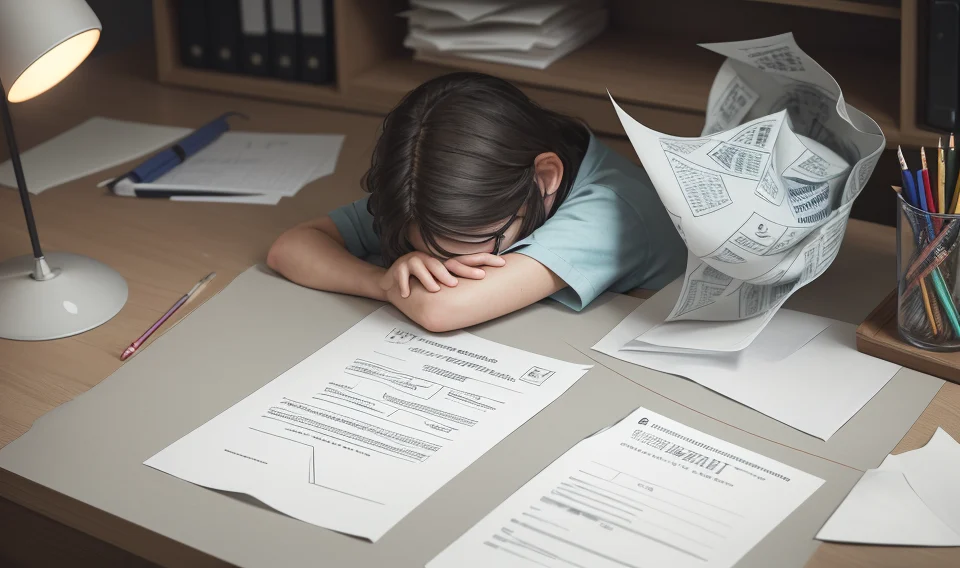![]()
Hello, learners! Welcome back to another insightful blog post. Today, we’re diving into the fascinating world of physics, focusing on a critical stage in every student’s scientific journey – GCSE Physics. We’ve compiled a list of common mistakes students often encounter and strategies to help you navigate this subject with ease.
**Top Mistakes in GCSE Physics and How to Avoid Them**
**1. **Neglecting the Basics**
One of the most common mistakes is skipping the basics. Physics, like any other subject, is built on a foundation of fundamental concepts. To avoid this pitfall, ensure you have a solid understanding of the basics before moving on to more complex topics. Revisit key ideas, practice problems, and don’t hesitate to ask for help when needed.
**2. **Rushing Through Problems**
Rushing through problems can lead to careless mistakes. Take your time to read and understand each question thoroughly before diving into the solution. Break down complex problems into manageable parts, and don’t forget to check your work as you go along.
**3. **Lack of Practice**
Practice makes perfect. Regular practice is crucial for mastering the skills and concepts needed for success in GCSE Physics. Consistent practice helps reinforce learning, build confidence, and improve problem-solving skills.
**4. **Inadequate Understanding of Mathematics**
Physics and mathematics are deeply interconnected. A poor grasp of mathematical concepts can hinder your understanding of physics principles. Strengthen your math skills to ensure you can effectively apply them in physics problems.
**5. **Ignoring Real-World Applications**
Physics is all around us. Understanding the real-world applications of the concepts you learn can make the subject more engaging and help you grasp the underlying principles more easily. Try to relate the topics to everyday situations, and don’t shy away from hands-on experiments.
**6. **Not Asking Questions**
Don’t be afraid to ask questions. Whether it’s during class, during study groups, or online, asking questions is a powerful learning tool. If you’re unsure about a concept, don’t hesitate to seek clarification.
**7. **Procrastination**
Procrastination can lead to a last-minute cram session, which is rarely effective. Develop a study schedule and stick to it. Break your study time into manageable chunks, and reward yourself for completing tasks.
**8. **Ignoring Feedback**
Feedback is a valuable learning tool. Whether it’s from teachers, tutors, or peers, don’t ignore constructive criticism. Use it to identify areas for improvement and strengthen your understanding.
**9. **Overlooking Revision**
Revision is key to retaining information. Regularly review what you’ve learned to reinforce your memory. Use past papers, flashcards, and study guides to test your knowledge.
**10. **Lack of Perspective**
Physics is a broad subject. Try to maintain a balanced approach, focusing on understanding the big picture rather than just memorizing facts. This will help you make connections between concepts and deepen your understanding.
Remember, success in GCSE Physics is achievable with dedication, practice, and a willingness to learn. Embrace the challenges, enjoy the journey, and remember: every mistake is an opportunity to learn.
Stay tuned for more insights and tips, and happy learning!
**Key Takeaways:**
– Master the basics
– Practice consistently
– Understand the real-world applications
– Don’t be afraid to ask questions
– Don’t procrastinate
– Embrace feedback
– Regularly revise
– Maintain a balanced perspective
Stay curious, stay driven, and conquer your GCSE Physics!




